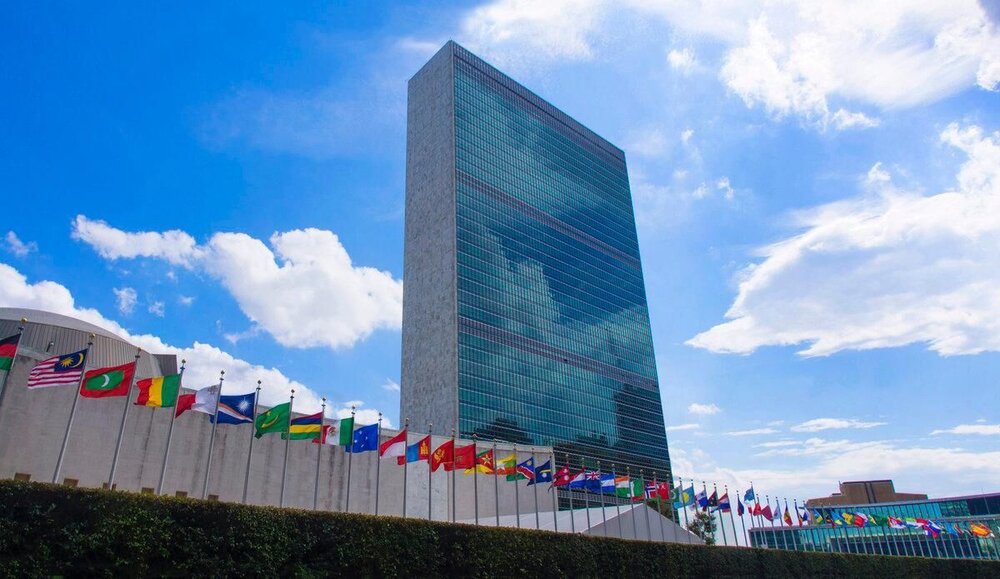JCPOA revival talks necessitate flexibility from all parties: UN

TEHRAN- An agreement on resurrection of the 2015 nuclear deal demands "flexibility" from the parties, according to António Guterres' spokesperson, who also reiterated his support for the deal reached between Iran, the 5+1 nations and the European Union.
Stéphane Dujarric made the comments on Monday during a news conference in the midst of drawn-out negotiations to revive the global agreement, officially known as the Joint Comprehensive Plan of Action (JCPOA).
“For him, I think what’s important is that all of the parties to the JCPOA demonstrate some flexibility, which is going to be required if you’re going to reach a compromise on the last remaining issues and return to the full implementation of the plan and UN resolution 2231 (2015) without any further delay,” he stated.
"Everyone has a different role to play," Dujarric explained, adding that the International Atomic Energy Agency (IAEA), the UN's nuclear watchdog, is involved in one aspect of the nuclear talks and that IAEA Director-General Rafael Grossi is "deeply involved on behalf, shall we say, of the United Nations' system."
He said that Guterres had spoken with a number of parties involved in JCPOA talks, including Iranian Foreign Minister Hossein Amir Abdollahian recently over the phone.
"He (Guterres) still has such conversations. He keeps getting updates from various sources," Dujarric added.
According to the spokesperson, the UN head has always been a "strong proponent" of the JCPOA and will remain so.
Before Iranian President Ebrahim Raisi's planned travel to New York next week to address the UN General Assembly, where he is anticipated to repeat Iran's position on the agreement and Washington's unlawful sanctions against Tehran, the UN leader expressed support for the JCPOA.
In May 2018, the JCPOA was ditched by the administration of President Donald Trump and sanctions were reinstituted. Through such act, the U.S. violated international law as the JCPOA is endorsed by UN Security Council Resolution 2231
In April of last year, months after Joe Biden succeeded Trump, the negotiations to save the deal began in Vienna, Austria, with the goal of determining how seriously Washington intended to rejoin the pact and lift illegal sanctions against Iran.
The long negotiations were often interrupted by the U.S. indecision and delay despite significant progress.
Mohammad Marandi, the aide to the Iranian negotiators at the Vienna talks, has said the JCPOA might have been revived months ago if the United States and its European allies (France, Britain and Germany collectively called E3) had not "dragged their feet."
"A deal might have been reached months ago if the U.S. and E3 hadn't dragged their feet in Vienna. The current text was feasible decades ago,” Marandi said in a post on his Twitter account.
Iranian officials have urged their American counterparts to be "realistic" and "flexible" in order to reach a compromise on an EU draft proposal to reinstate the JCPOA.
The JCPOA was first signed in July 2015 between Iran and the 5+1 countries (the five permanent members of the UN Security Council plus Germany). Under the agreement, Iran agreed to put limits on its nuclear activities in exchange for termination of the economic and financial sanctions. Trump quit the deal while Iran was fully loyal to the terms of the text.
Leave a Comment